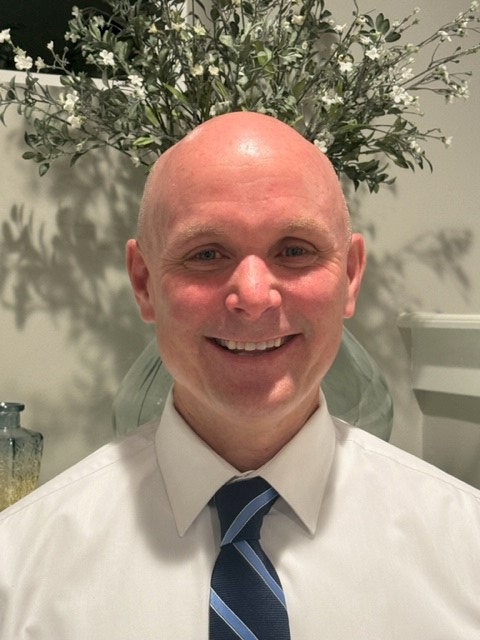Chair
Anne Marie Schubert
Former Sacramento County District Attorney
Ms. Schubert has advanced cutting-edge DNA technologies for nearly three decades. This includes conducting one of the first DNA admissibility hearings on the validity of PCR based DNA evidence in California, resulting in a published appellate opinion. She pioneered the use of John Doe DNA warrants in 2000, a practice since upheld by the California Supreme Court and now routinely used throughout the country. In 2002, she formed Sacramento’s Cold Case Prosecution Unit, and served as its first prosecutor, solving, and prosecuting several high-profile cases including the rape and murder of Deborah Chandler by convicted serial killer Wilbur Jennings aka “The Ditch Bank Killer.”




